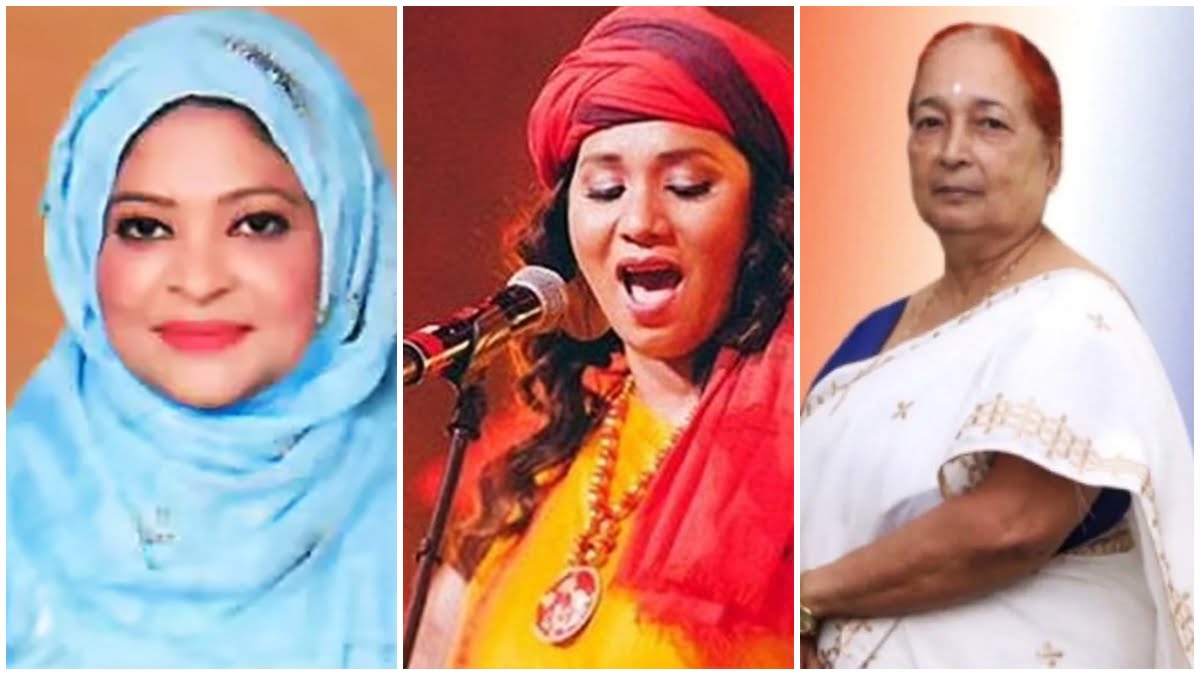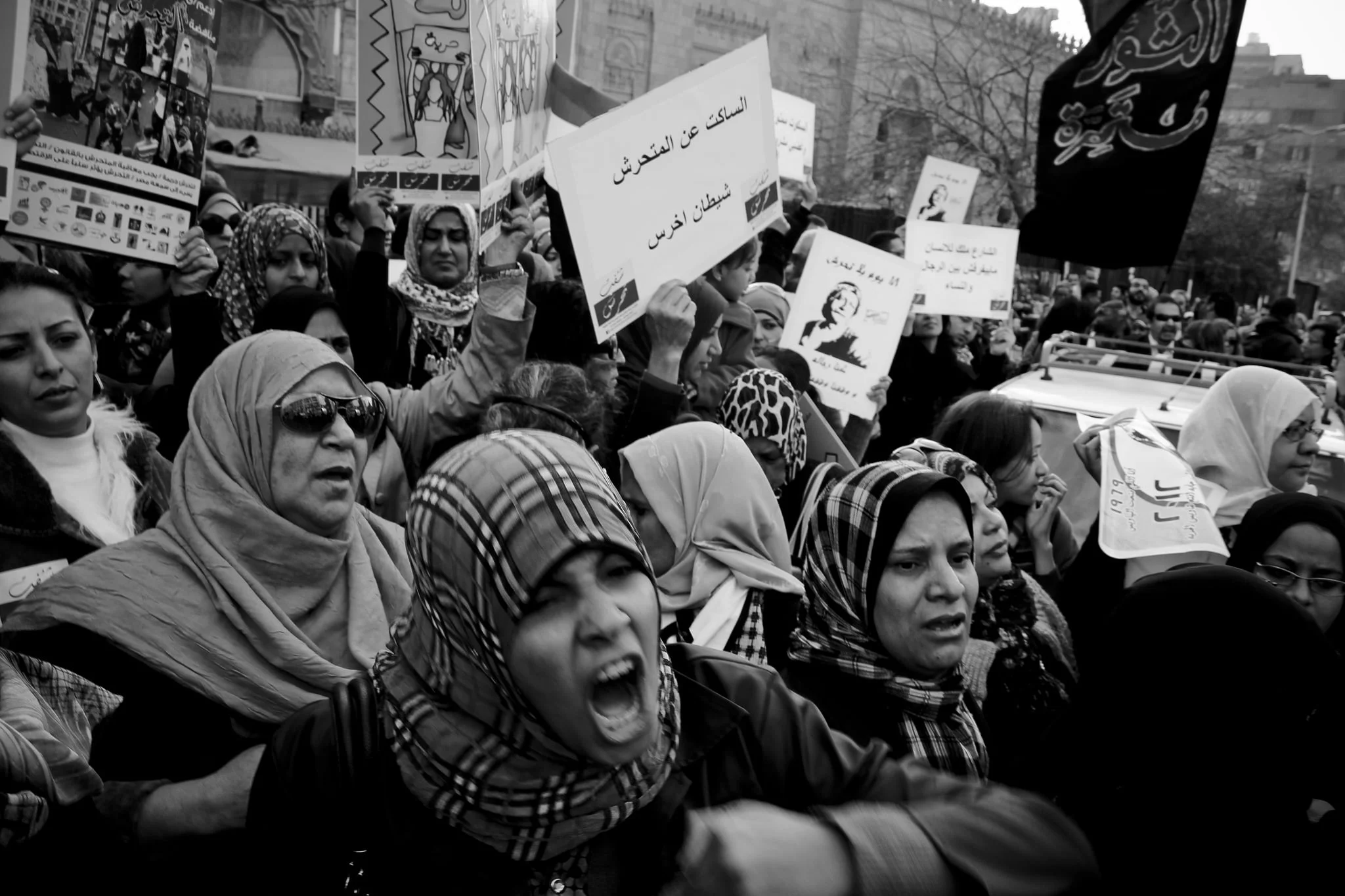Election times in Assam arouse ‘jatiyotabaadi’ or Assamese nationalistic sentiments more ever than not. This is the time when almost every political party package such sentiments in different tall promises and blows it in the wind. Pick up any party, be it Bharatiya Janata Party, whose party leader Himanta Biswa Sarma said that it is not possible to fight elections in Assam only on development but one needs to bring into picture questions of identity, or take newly formed parties like Assam Jatiya Parishad (AJP) and Raijor Dal, parties that were formed after jatiyotabaadi sentiments led people to march in the streets against the Citizenship Amendment Act of 2020.
But a quick glance into the candidate list of parties shows that only 19 out of 223 seats have been allotted for women candidates, as per a report by Outlook India published on March 8. One needs to take this opportunity to ask what does it really show and how is it reflective of, not just about the functioning of Assam’s electoral politics, but also about Assamese nationalism as we know it?
Also read: Kerala Assembly Elections: Lathika Subhash Going Bald Is An Important Statement
But a quick glance into the candidate list of parties shows that only 19 out of 223 seats have been allotted for women candidates, as per a report by Outlook India published on March 8. One needs to take this opportunity to ask what does it really show and how is it reflective of, not just about the functioning of Assam’s electoral politics, but also about Assamese nationalism as we know it?
It is necessary to underline that Assamese nationalism (jatiyotabaad) as an ideology that fuels most of these political parties is deeply rooted in patriarchy. In fact, Asom Gana Parishad (AGP), the party that got formed post the Assam Agitation and whose ideological backbone has been regionalism (anchalikotabaad) and Assamese nationalism, only fielded two women candidates, namely Kalpana Patowary and Renupoma Rajkhowa from Sorukhetri and Teok constituency respectively.

During the course of my one and half years of stay and field work at Bhawanipur, when I spoke to the AGP workers in Bhawanipur constituency, they said that most meetings of the party, including electoral campaigns are being attended by women of ‘Mahila Gots’ or local women self-help groups but AGP has never even once fielded any woman candidate in the Bhawanipur constituency till date. Raijor Dal, the party riding high with the sympathy wave for its jailed leader Akhil Gogoi, has fielded only one woman candidate namely Diluwara Begum Choudhury from Jamunamukh constituency. Krishak Mukti Sangram Samiti (KMSS) party, which joined hands with the other nationalist party AJP, needs to be reminded that the bulk and burden of agricultural labor rests on the shoulders of women and it is a matter of shame that such few women feature in the race for electoral leadership from the party. The AJP, that boasts of protecting the interests of ‘indigenous’ Assamese and is bathed in the ideology of ‘jatiyotabaad’, has fielded only nine women candidates out of a total sixty-eight candidates. The Congress, that is trying to woo the ‘jatiyotabaadi’ public by promising to scrap the ‘anti-Assamese’ CAA, has fielded a total of nine women candidates.
Also read: West Bengal Assembly Elections 2021: How TMC Is Mobilising Female Grassroot Leaders
However, one can see the deeply patriarchal nature of Assamese nationalism in the institutions that have sprung up from Assam Sahitya Sabha to All Assam Students’ Union (AASU). In fact, apart from Nalini Bala Devi and Nirmal Prabha Bordoloi, the Sabha had no women Presidents. The inherent patriarchy of the Sabha finally made several women writers to come together and form the ‘Sadou Asom Lekhika Samaroh Samiti’, a women’s literary organisation in 1974. This was an attempt to wrangle out of the Sabha’s upper-caste Hindu male bastion. It is the upper-caste patriarchal dominance of AASU that till now this ‘jatiyotabaadi’ organisation has been a massive failure in producing any women leaders in the state.
One can see the deeply patriarchal nature of Assamese nationalism in the institutions that have sprung up from Assam Sahitya Sabha to All Assam Students’ Union (AASU). In fact, apart from Nalini Bala Devi and Nirmal Prabha Bordoloi, the Sabha had no women Presidents.
Hence, even though women in large numbers took part in the Assam agitation, it is no surprise that the signatories and as a result some of the future political leaders that the movement produced were not just AASU members but also upper-caste Hindu men. It is an absolute shame that a ‘jatiyotabaadi’ movement mostly led by the AASU against CAA could produce a chauvinistic Lurinjyoti Gogoi as a political leader but no female leader equivalent. This institutionalised production of patriarchy is not just systemic but also ideology-driven.
One also needs to problematise the chanting of ‘Joi Aai Asom’, the way feminists in the country have problematised the chanting and imagination of the nation as ‘Bharat Mata’. The Pinjra-Tod movement’s counter-slogan of ‘Bharat ki Mata Nahi Banenge’ is a case in point. The imagination of Asom as ‘Aai’ or mother is in tandem with arguments which equates nations to female bodies and hence need protection. Female bodies then become territories to be conquered, honored or protected. Women, just like ‘Aai Asom’ are only used as decorative allegories to arouse masculinity (mardani/birotto) but they are never thought capable enough to lead or protect themselves. While her ‘sons of the soil’ fight wars in her honor and name, she in reality will never have the decision-making power.
Mahmood Mamdani in his book ‘Neither Settler Nor Native’ has talked about how for the colonisers in America, the Indians were never ‘citizens’ but ‘wards of the state’ always in need of protection. The paternalism that a slogan like ‘Joi Aai Asom’ emanates wherein women, just like ‘Aai Asom’, need constant protection from her enemies by her ‘sons’, reflects such sentiments as written by Mamdani. I would dare stretch this argument to even say then that women in ‘jatiyotabaad’ are imagined not so much as ‘citizens’ but ‘wards’ and they can only be protected by the state but they cannot be the state. The imagination of ‘Asom’ as ‘Aai’ or mother also enables the idea that women are more of nurturers and carers, instead of decision-makers. One can juxtapose the absence of women leaders and candidates in Assam, a state guided by the ideology of Assamese nationalism, against this light.
Hence, it is time we have alternative ideologies that is rooted in the ideas of inclusivity and heterogeneity, that does not hang on to female bodies to be evoked to arouse sentiments of belongingness, to give birth to toxic masculine figures like ‘sons of the soil’ because only then more women will be participating in Assamese politics as real decision makers, instead of cardboard figures, allegories in songs or slogans or foot-soldiers of established political institutions.
Bhargabi Das is a PhD Research Student at the National University of Ireland, Maynooth. She is an Irish Research Council Scholar and works on state practices and imaginations in riverine ecologies of Assam, India. She can be found on Facebook.




